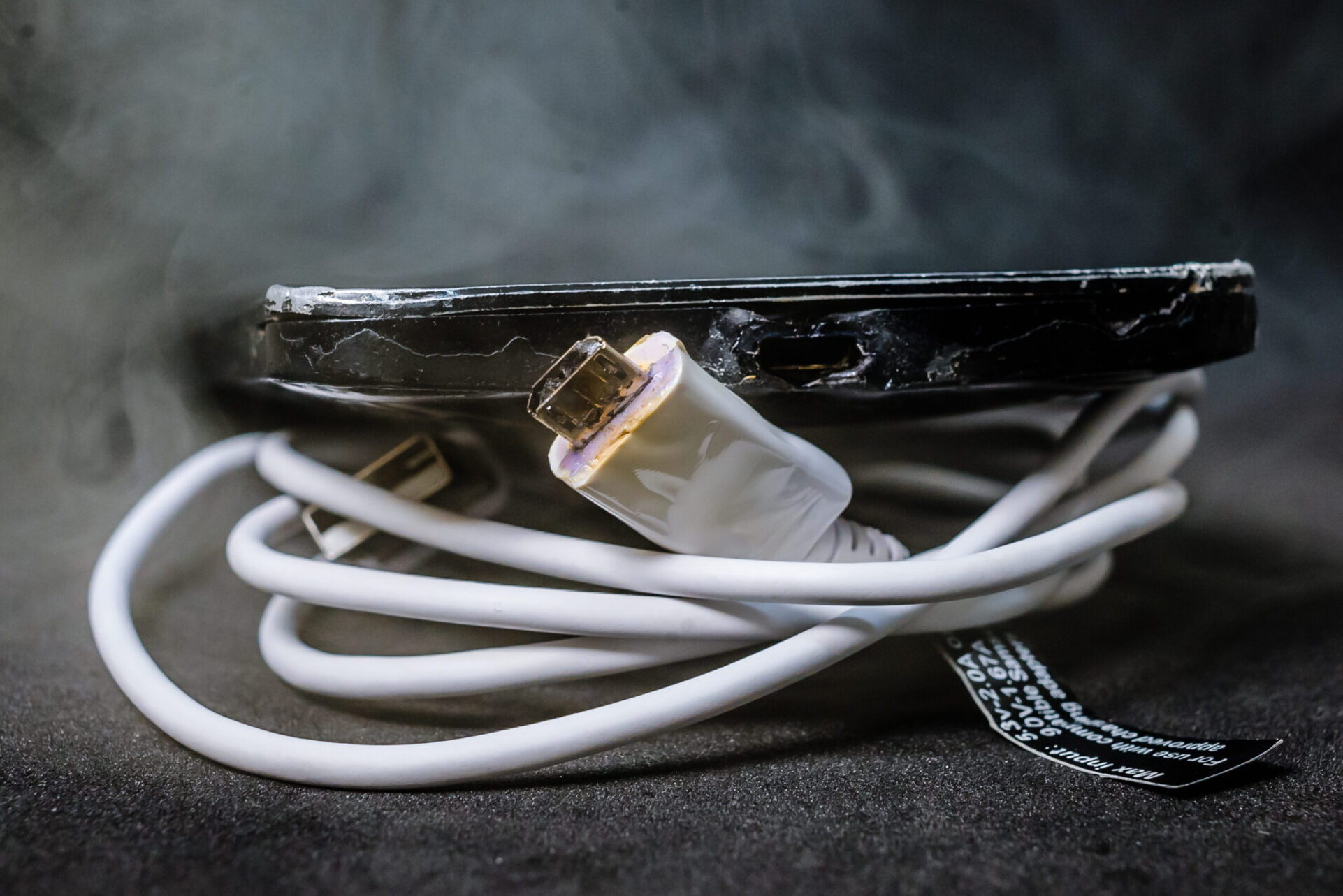 Lithium-ion (Li-ion) batteries are part of our everyday lives—in smartphones, laptops, tablets, electric vehicles, power tools, medical devices, and renewable energy storage systems—but they present serious risks if not treated properly.
Lithium-ion (Li-ion) batteries are part of our everyday lives—in smartphones, laptops, tablets, electric vehicles, power tools, medical devices, and renewable energy storage systems—but they present serious risks if not treated properly.
Hazards Include:
- Fire: Li-ion batteries can overheat and catch fire if improperly handled, stored, or damaged.
- Toxic Exposure: Damaged batteries may leak harmful chemicals, posing health risks.
- Electrical Shock: Mishandling or short-circuiting can lead to electric shock.
- Environmental Damage: Improper disposal can contaminate soil and water with hazardous materials.
Safety Guidelines
To ensure the safe use of Li-ion batteries, follow these precautions:
- Use manufacturer-approved chargers and devices, following specifications outlined in product manuals.
- Avoid overcharging or exposing batteries to extreme temperatures.
- Store batteries in a cool, dry place away from flammable materials.
- Do not puncture, crush, or disassemble batteries.
- Dispose of damaged or swollen batteries immediately.
- Follow guidelines from the Manufacturer, National Fire Protection Association (NFPA), and local fire codes to reduce fire hazards associated with Li-ion batteries.
Proper Disposal
Li-ion batteries should not be thrown in regular trash due to environmental hazards. Instead:
- Recycle them at designated e-waste collection centers.
- Check with local recycling programs for proper disposal procedures.
- Businesses handling large quantities should partner with certified recycling services.
- Adhere to fire codes and NFPA standards when storing and disposing of large battery quantities.
By following these guidelines, both businesses and homeowners can safely and responsibly use and dispose of lithium-ion batteries, minimizing risks and environmental impact.